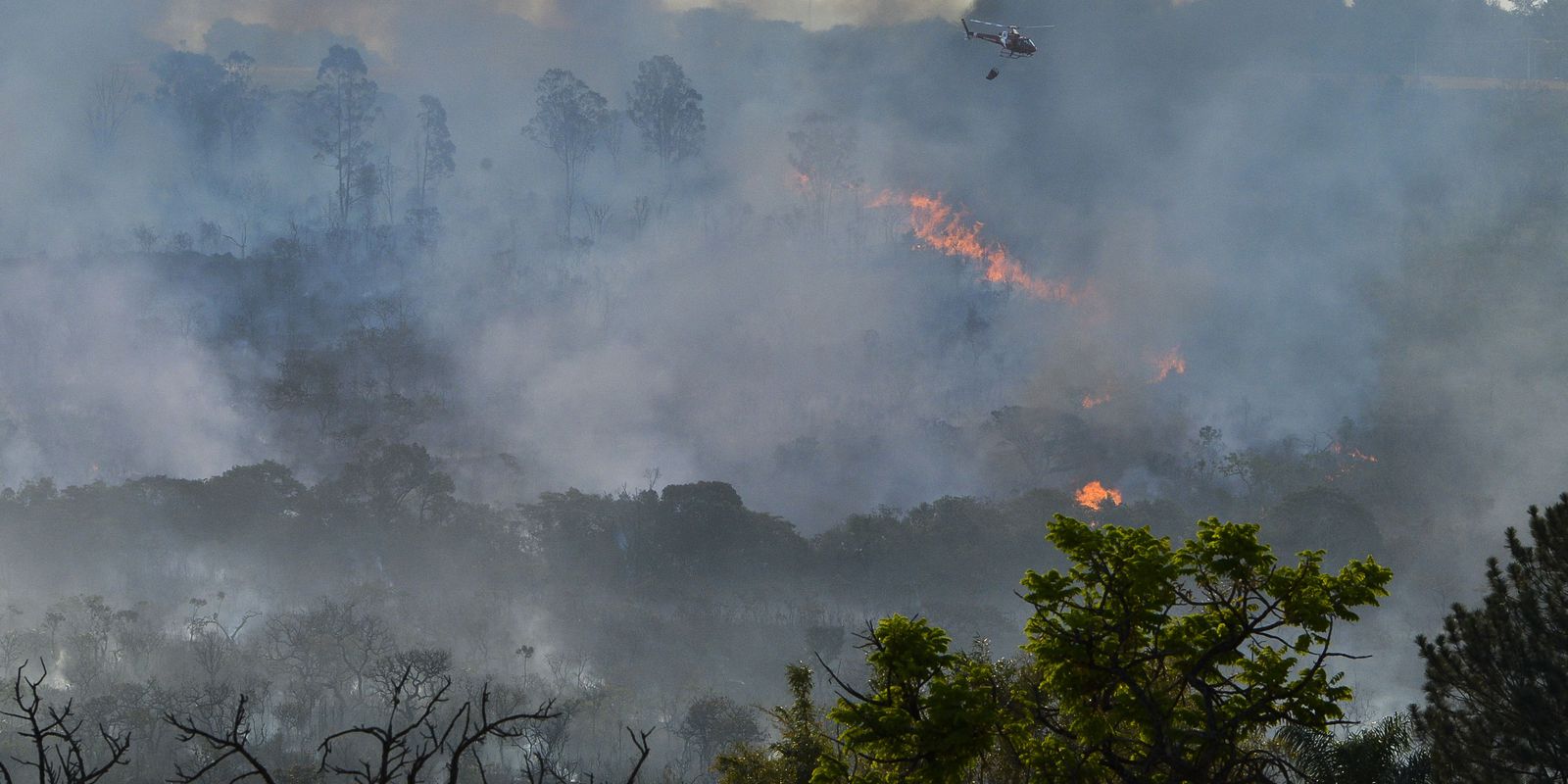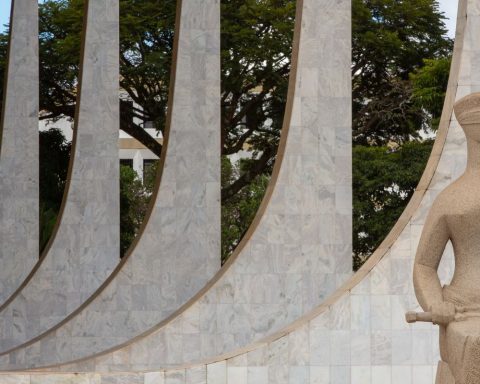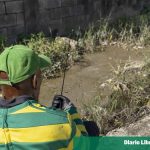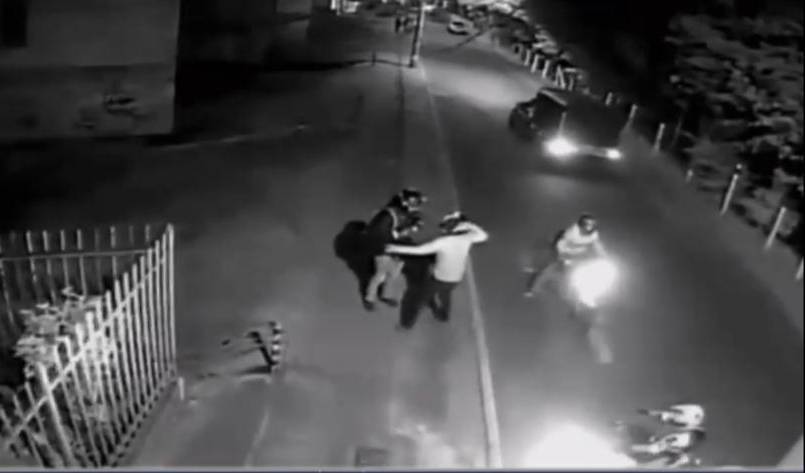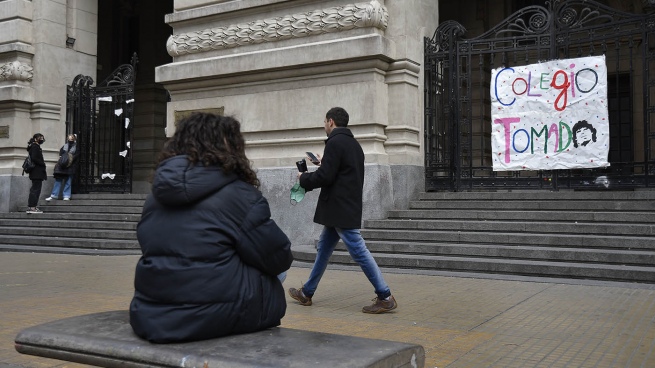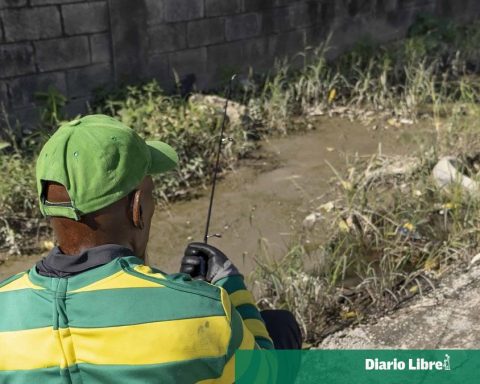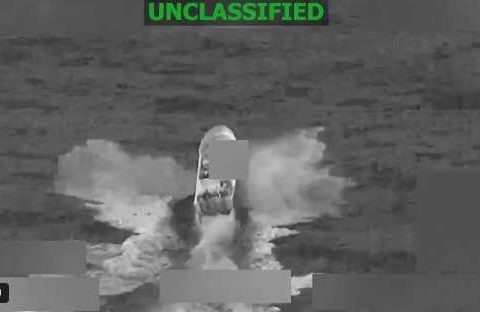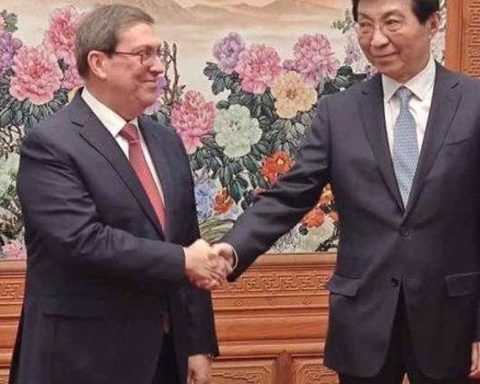Presidential decree published in the Official Diary of the Union of today (23) suspends – for a period of 120 days – the permission to use fire throughout the national territory, a measure that is usually adopted every year when the dry season begins, in order to prevent fires.
The use of fire in agropastoral and forestry practices is foreseen – and regulated – by another decree (nº 2.661/98). Despite suspending permits, the decree published today (nº 11.100/22) provides for some exceptions, detailing cases where the suspension should not be applied, as is the case of “fire prevention and fighting practices carried out or supervised by public institutions responsible for the preventing and fighting forest fires.
The use of fire is still allowed in cases of subsistence agriculture practices carried out by traditional and indigenous populations; and scientific research activities carried out by a Scientific, Technological and Innovation Institution (ICT), “provided they are authorized by the competent environmental agency”.
It is also permitted in actions aimed at phytosanitary control authorized by the competent environmental agency; and in controlled burns, in areas not located in the Amazon and Pantanal biomes. In the latter case, permission will be granted as long as they are essential for carrying out agricultural practices; and previously authorized by the state or district environmental agency.
The new decree defines as “controlled burning” the use of fire as a “factor of production and management in agropastoral or forestry activities and for the purpose of scientific and technological research in areas with previously defined physical limits”.
Also according to the decree, the permission to use fire may be suspended, on an exceptional and temporary basis, “by an act of the Minister of State for the Environment, with the purpose of reducing environmental damage caused by forest fires”.
